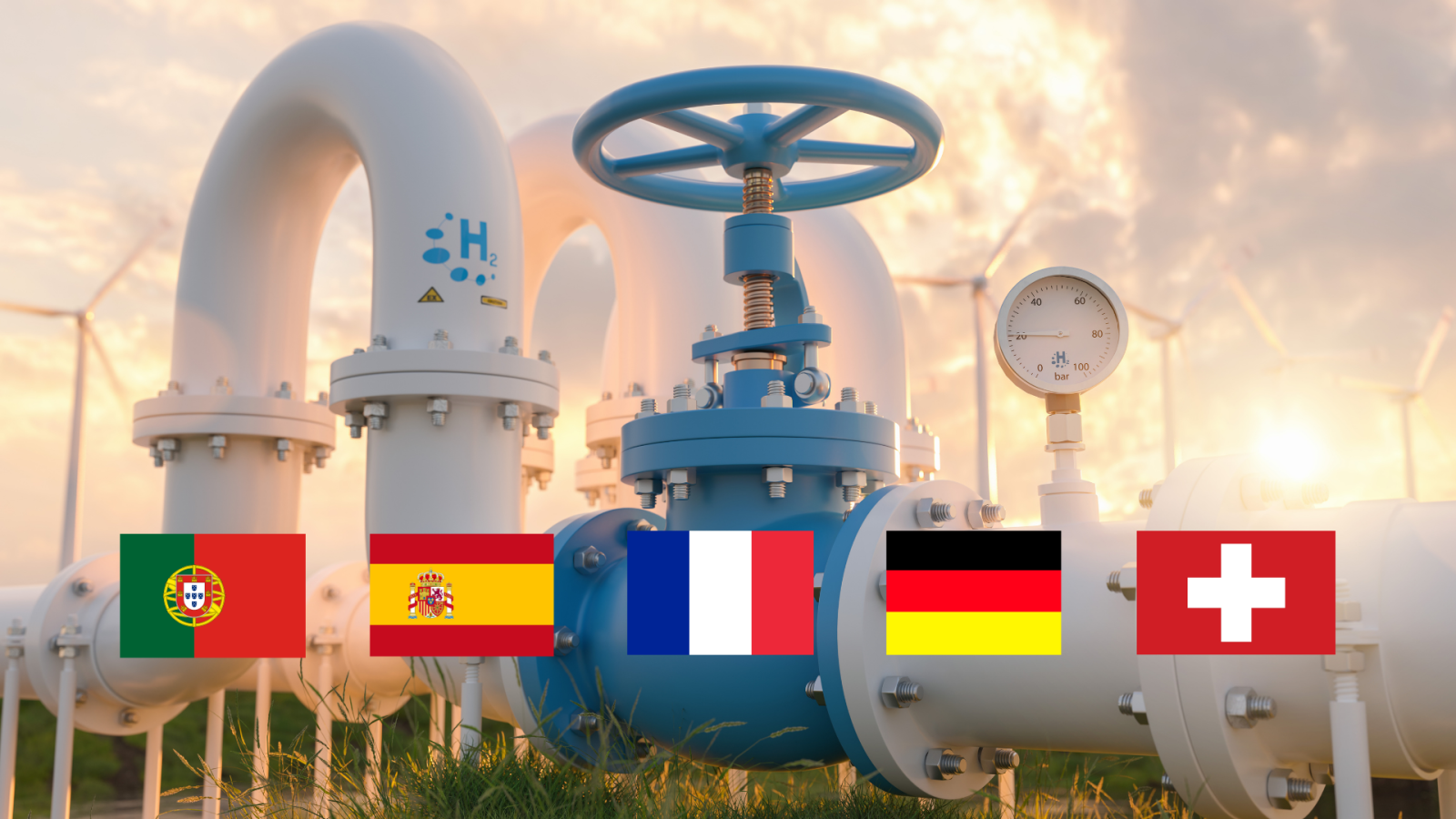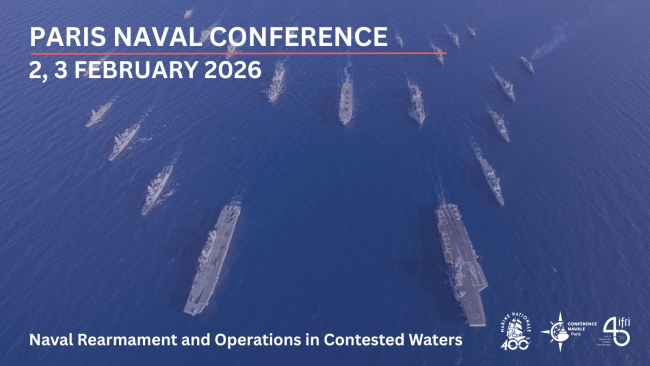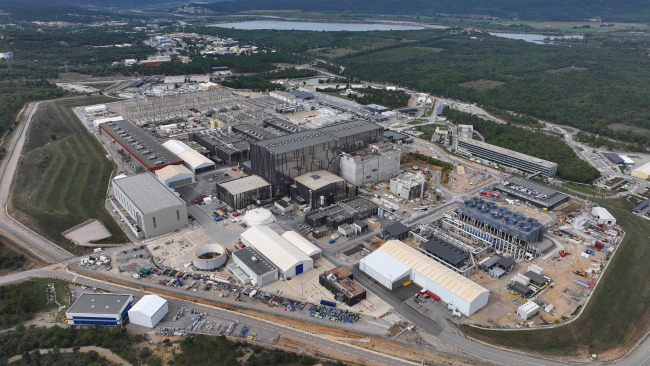Post crises hydrogen plans in EU Member States and building blocks for a Portugal-Spain-France-Germany H2 corridor

Practical information
Themes and regions
Related centers and programs
Germany’s transition to climate neutrality will require large volumes of low carbon hydrogen and byproducts (H2). A large part will have to be imported, and German companies plan to play a key role across significant portions of the value chains with the backing of the government.

Portugal and Spain are simultaneously gearing up for significant domestic production, aimed at fostering reindustrialization and, potentially, facilitating exports as well. France in turn sees a more limited role for hydrogen with electrification and on-site production given a priority, but is now open to being a transit country for supplies to Germany.
Fundamental questions to be discussed in this high-level conference include: What will be the future demand for H2 in Southern Germany and Northwestern Switzerland? What quantity will be available for export from the Iberian Peninsula: What role will France play with its potential position as a “rainbow H2” nation: all-colours producer, consumer, exporter, transit country? What is required to develop a hydrogen transport corridor to Southern Germany, building on the H2Med project?
Program
8:30 | Welcome coffee
8:45–09:00 | Introductory remarks
Marc-Antoine Eyl-Mazzega, Director, Center for Energy & Climate, Ifri
Gonzalo Escribano, Director of the Energy and Climate Change Program, Elcano Royal Institute
09:00-10:30 | Panel 1
Future H2 demand in Southern Germany and Switzerland, taking into account impact of crises on the Wirtschaftstandort?
- Markus Exenberger, Executive Director, H2 Global Foundation
- Bernd Reuter, Senior Ministerial Councilor, Deputy Department Head, and Head of the Hydrogen Unit, Baden-Württemberg
- Dr. Fabian Pfaffenberger, Managing Director, Zentrum Wasserstoff.Bayern, Hydrogen Center Bavaria
- Ulrich Heppe, CEO, Stuttgart Airport
- Elke Eckstein, Senior Vice President Engineering and Facilities, Flughafen München GmbH
- Volker Hasenberg, Deputy Head of International Hydrogen Strategy, Daimler Trucks
- Dr. Arthur Janssen, Leiter Strategie & Innovation, IWB, Founder, H2 Hub Switzerland
Moderation: Marc-Antoine Eyl-Mazzega, Director, Center for Energy & Climate, Ifri
10:30-10:50 | Coffee break
10:50-12:15 | Panel 2
Supply side and export potential in Portugal and Spain
- Francisco Laverón, Direction of Energy Policies Head of Energy Policy, Iberdrola
- Francisco Maza Luque, Director of Hydrogen, Repsol
- Mayte Teresa Nonay, Director of Strategy, Enagas
- Jose Manuel Rodriguez, Director of Hydrogen Regulation & Gov Affairs, EDP
- Diogo Almeida, Head of Hydrogen Business Development, GALP
Moderation: Laurent Thery, President, Vercors Renewables Investments Advisors
12:15-13:15 | Networking Lunch (by invitation)
Address by Prof Dr. Veronika Grimm, Chair of Economic Theory, Friedrich-Alexander Universität Erlangen Nürnberg on Germany’s energy policy post-crises and impacts on H2
13:30-15:00 | Panel 3
The future hydrogen value chain map and ramp up: local or global ? Diverging views on systems or just a matter of sequencing and location? What is an efficient balance between electrons and molecules and how have the crises ?
- Alexandre Perra, Group Senior Executive Vice-President, Innovation, Corporate Social Responsibility and Strategy, EDF
- Mansur Zhakupov, Vice President, Hydrogen Gas, Renewables & Power, Totalenergies
- Valérie Ruiz-Domingo, Group Hydrogen Vice-President, Engie
- Pierre-Etienne Franc, CEO, HY24
- Olivia Infantes Morales, Director of Regulation and Clean Energies, Cepsa
- Luc Poyer, CEO, McPhy
- Matthieu Giard, Vice President, Air Liquide
- Bertrand Walle, Manager, Regional Energy & Carbon, HSE&Q Borealis
Moderation: Diana Gherasim, Research Fellow, Center for Energy & Climate, Ifri
15:00-16:30 | Panel 4
Squaring the transportation challenge from Spain to Germany: infrastructure upgrades, bottlenecks, H2Med, competing routes or energy supplies. What are conducive policies and regulation requied to ensure the viability of investments? How can France become a hydrogen platform with transit, storage, and flexible supplies?
- Ruud Kempener, Member of Cabinet, DG Energy, European Commission
- Philippe Bozier, Public Infrastructure and Project Finance Leader, Mazars
- Dominique Mockly, Chairman and CEO, Teréga
- Thierry Trouvé, CEO GRTGaz
- Damien Ravaud, New Gases Director, Storengy France
- Dr. Matthias Jenn, Director, Bayernets
- François Leveille, Head ofUpstream gas Infrastructure Department, CRE
Moderation: Gonzalo Escribano, Director of the Energy and Climate Change Program, Elcano Royal Institute
16:30-17:00 | Coffee and seminar conclusion
This event is by invitation only and will be held in English in hybrid format.
In partnership with Elcano Royal Institute

Related Subjects
Other events

Paris Naval Conference 2026: Naval Rearmament and Operations in Contested Waters
This fourth edition of the Paris Naval Conference (CNP), bringing together high-level military, industrial, and academic speakers, will address the challenges associated with general naval rearmament and naval operations in increasingly contested environments.

Is Fusion Coming Faster and Cheaper than Expected?
ITER was for long time the embodiment of fusion as an international, long standing R&D cooperation objective to seek a new way to produce safe, low carbon and abundant low carbon electricity. Yet over past years, fusion start ups, several governments and investors have decided to push fusion R&D and deployment to complement ITER. Major efforts are ongoing notably in the United States, China, Germany, Italy.

EV Supply Chains for Japan and Europe: Strengthening Economic Security
Economic security aims to ensure the resilience of supply chains for key industries: the case of electric vehicle production in Japan and Europe will be discussed.







